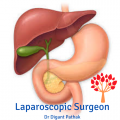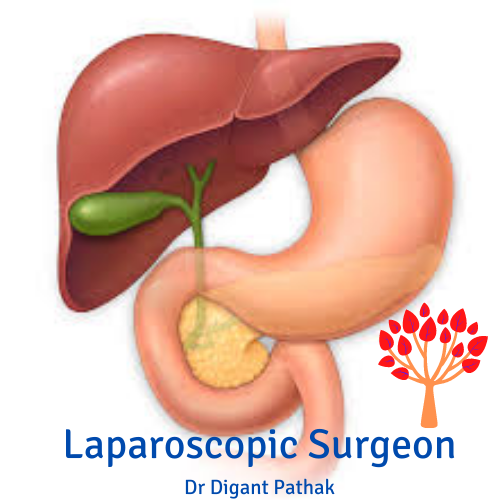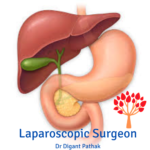
Esophagus (also known as food pipe) is the tube that carries food from your mouth to your stomach.
There are several types of diseases involving the esophagus many of them require thorough evaluation and surgical interventions.
One must have a vague idea of the anatomy to understand the disease. Food pipe starts from throat, runs down the chest and enters the abdomen passing through a small opening in the diaphragm which is a curtain like structure between chest and abdomen.
There is a valve like mechanism at the lower end of food pipe where it continues as stomach. This valve like mechanism prevents stomach contents like food and acid to come back in to the food pipe.
Common Esophageal Surgical diseases
- Specialised Support Services
- GERD
- Motility disorder
- Hiatal Hernia
- Cancer
DYSPHAGIA is a alarming symptom
Gastroesophageal Reflux Disease (GERD) –a very common chronic digestive disorder in which contents of the stomach like food, acid and occasionally bile comes back in to your food pipe because of defective functioning of the so called valve mechanism at the lower end. Typically it presents as heart burn.
- The acid, bile, food damages the structure and function of food pipe and on long run leads to complications like stricture, Barret’s esophagus and cancer in few cases. Although most of the cases responds favourably to medicines there are many cases who require more careful evaluation and surgery in many cases settles the issue definitely.
- Hiatal hernia –the opening in the diaphragm (the curtain separating chest from the abdomen)through which esophagus passes from chest in to the abdomen is called hiatus. When there is weakness in this region it leads to upward movement of abdominal organs into the chest cavity through this hiatal opening. This condition is called hiatal hernia. Not all cases require surgery though. Such cases must be evaluated on case-to-case basis by an expert and if indicated surgery is the best option.
- Achalasia – the forward pumping action of esophagus (food pipe) is lost and in addition the so-called valve mechanism fails to open properly. These two factors cause difficulty in proper passage of ingested material thereby causing feeling of obstruction (dysphagia). The degeneration of the nerves in your esophagus is the basic cause responsible.
- Barrett’s esophagus – a condition in which the lining of the esophagus is replaced with tissue similar to the stomach lining. Barrett’s esophagus is often the result of long-standing gastroesophageal reflux disease (GERD) and can sometimes lead to esophageal cancer. It requires long-term surveillance with the possibility of surgery to reduce reflux.
- Esophageal cancer – can occur in any part of the esophagus. GERD is commonly associated with the cancers of esophagus especially the lower esophagus. If not diagnosed in early stages, cancers of esophagus carry poor prognosis as it can easily spread to your lymph nodes, windpipe, large blood vessels in the chest and nearby organs.
- Open Esophageal Surgeries
- Minimally Invasive Surgeries
- thoracoscopic surgery
- laparoscopic surgery

ESOPHAGEAL SURGERY
IN JABALPUR
BENIGN and MALIGNANT CASES
MINIMALLY INVASIVE TECHNIQUE minimal suffering and maximum benefits
Surgery for the esophagus can be done by conventional open technique as well as minimal invasive thoracosopic or laparoscopic techniques.
Laparoscopic fundoplication is the most common esophageal surgery being done world- wide. In this surgery part of stomach is wrapped around the lower end of food pipe to recreate the valve.
Although not difficult it is a surgery requiring masterly approach since too tight wrap will increase resistance and too loose a wrap will fail to serve the purpose. Dr Digant Pathak is the only surgeon in Jabalpur carrying out laparoscopic fundoplication on regular basis successfully.
Laparoscopic Heller’s myotomy is another high end esophageal surgery requiring very skilled surgeon. Dr Digant Pathak is the first and only surgeon in Jabalpur to do laparoscopic Heller’s myotomy. In this surgery the poorly opening circular muscles at the lower end of esophagus and upper end of stomach is cut open to reduce the blocking action. Partial fundoplication is also added to reduce reflux.
Thoracoscopic esophagectomy after neoadjuvant chemotherapy (+/- radiotherapy) is being done for cancers of esophagus in properly selected cases. In this surgery the esophagus is removed and stomach is converted in to tube like esophagus and pulled up in chest to replace it and act as conduit to carry food downwards. Dr. Digant performed the first thoracoscopic esophagectomy for a cancer patient in Jabalpur
Need Emergency?
Book an Appointment
Timing:
12PM to 2PM: Jabalpur Hospital And Research Centre





